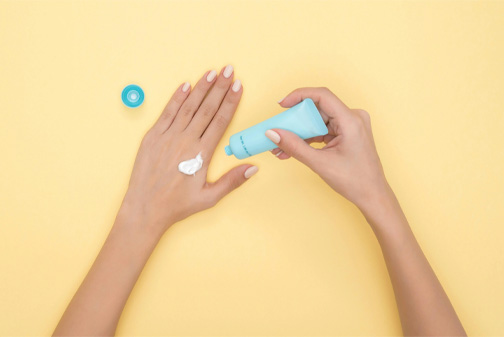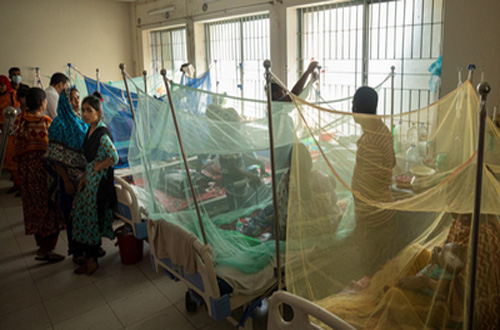Dermatologist-recommended skin care tips during this heatwave

- Update Time : Thursday, 9 May, 2024, 02:04 pm
- 82 Time View

Online Desk: With the mercury rising, the temperature feels exceedingly hotter than usual. Heat, humidity, and intense sun exposure can exacerbate or lead to various skin issues, especially during the heatwave. To keep our skin healthy and comfortable, we need to understand these common skin conditions and how to effectively manage them.
Dr Mehran Hossain, an Associate Professor and Senior Consultant at City Hospital Ltd., alongside Dr Fariha Jessy Parisha, a consultant at the same institution, share their expert advice on common skin issues that arise during these sweltering periods, effective preventative measures, and treatments that can be administered at home.
According to Dr Hossain, during a heatwave, the most prevalent skin problems include excessive sweating, which can sometimes lead to electrolyte imbalance, erythema or redness of the skin, flushing of the face, irritation, contact dermatitis, and prickly heat or miliaria. These conditions result from the body’s response to excessive heat and the need to regulate internal temperature.
Dehydration is a serious concern during hot weather, as it can significantly affect skin health. In cases of severe dehydration, according to Dr Fariha Jessy Parisha, the skin can become wrinkled and dry, and issues like dry mouth, itching, and severe redness can occur.
She recommends, “To combat dehydration, an individual should consume at least three litres of water per day.” Again, during the hot weather, a glass of cold water may feel like an elixir. However, Dr Parisha advises against cold water as it may increase the sensation of heat and sweating. Room-temperature water is deemed more beneficial during a heatwave.
Excessive sweating during a heatwave can block the ducts of sweat glands, leading to conditions such as miliaria, also known as prickly heat or rashes. Dr Hossain suggests mitigating the negative impacts of excessive sweating by wearing light-coloured clothes, using an umbrella, and keeping a towel handy to wipe away sweat.
For immediate relief from heat-induced skin issues like sunburn or heat rash, both Dr Hossain and Dr Parisha recommend wiping off sweat, staying in cool places, or finding shade under a tree if outdoors. “Taking a shower with normal, not cold, water and having some salt water or electrolyte water can also provide quick relief,” Dr Hossain adds.
Prevention is key in managing skin health during a heatwave. Using an umbrella and staying in cool places or under the shade can help. Both experts emphasise the importance of minimising exposure to direct sunlight and heat as much as possible.
Recognising when a skin condition during a heatwave requires professional medical attention is crucial. Dr Parisha advises seeking help if symptoms include persistent wrinkling of the skin, severe redness, intense itching, or painful bumps. These signs indicate that the condition may not be manageable with simple home remedies and could require more advanced medical interventions.
During a heatwave, paying extra attention to skin care is vital to prevent discomfort and more serious health issues. Remember, the health of your skin is an integral part of your overall well-being, especially during the challenging conditions of a heatwave.
And always consider consulting a healthcare provider or dermatologist if skin problems worsen or do not respond to home treatments — as this could indicate a more serious condition!
















